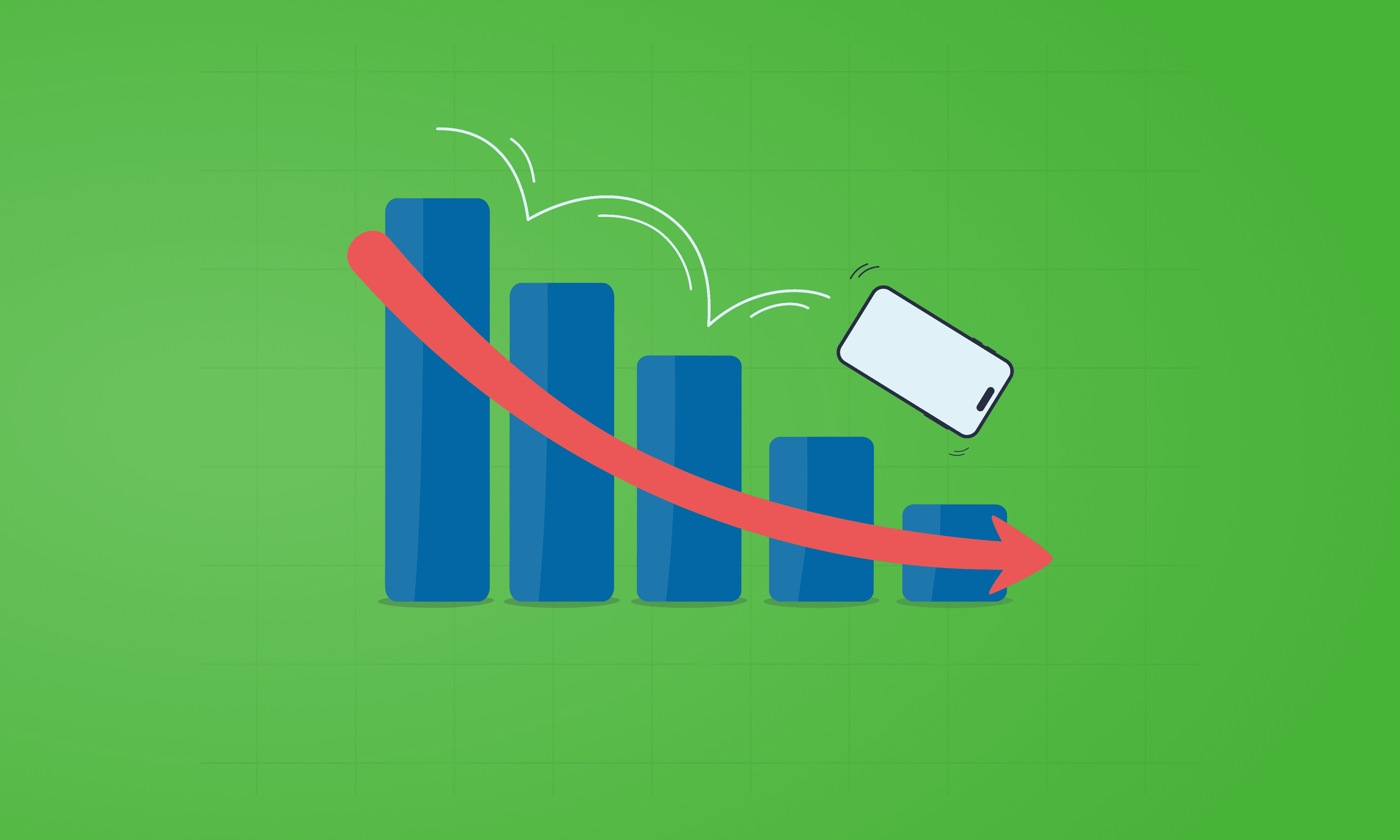How do people in the UK really use their smartphones? Our 2024 survey reveals the habits, trends, and surprises behind daily phone use.

Written by Antonia, Head of Marketing | Consumer Electronics and Money-Saving
Last updated on 17 December 2025

These days you’ll be hard-pressed to find someone without a mobile phone, even your grandparents have some sort of smartphone (even if they are forever asking you questions about how to use it). But, what impact is this having on society?
We’ve surveyed 2,000 Brits with smartphones to discover how people are using their mobiles in 2024. We’ve uncovered all of the weird and wonderful ways people use their phones and how they view other people’s smartphone use.
From the health implications of excessive phone use and how trusting people in relationships are to how people are damaging their mobiles without even knowing it - we’ve discovered it all.
Key findings:
Half of Brits check their phones first thing in the morning (50%)
55% of Brits admit to suffering from ‘Smartphone Finger’ (aches, pains and physical changes in their pinky finger since smartphone use)
15% of Brits admit to never cleaning their phone, even though 7% admit to using their phone the most while on the toilet
Millennials are the biggest phone addicts, with 5% admitting to spending 10+ hours on their phone each day
For Gen Z, the biggest phone ick is having a flip case (30%)
Men are officially the most trusting in a relationship, with 89% sharing some level of access to their phone with their partner.
Nearly everyone uses their phones every day, which has made people’s daily screen time go up significantly from going down a rabbit hole on X (formerly, Twitter) to scrolling for hours on TikTok. However, it’s important to not get too lost in your device and remember the importance of good balance with human interaction and reducing screen time.
The whole point of a mobile phone is that you can transport it (hence the word mobile), but how far does this go for Brits? 39% said they use their phone whilst watching TV, 23% said they mostly use their phone in bed and 12% said at work (we won’t tell your boss!). 7% of UK adults also admitted to using their phone on the toilet…
We also asked Brits how long they use their phones each day, and most adults (27%) said they use their mobile for less than an hour daily and 24% said they use theirs for 1-2 hours a day.
Would you say you’re addicted to your phone? 12% of adults said the longest they could go without their phone is 1-3 hours, 5% said they could not even go longer than an hour and 14% reckon they could go over a month!
Half of adults say they check their phone first thing in the morning (50%), whilst 29% admit to letting phone calls go to voicemail to avoid answering and 27% will respond to a text message straight away.
Whether you’re the type to don a screen protector and shockproof case or rock a ‘naked’ phone, there are varying levels of protection we take when it comes to our smartphones. We found that 1 in 5 (21%) of Brits are using cheap, off-brand charging cables and only half (46%) are using a screen protector on their phone.
13% of adults delay software updates for as long as possible and a third (34%) wait until their phone battery is fully dead to recharge - PSA: this is not good for your phone battery health.
If you haven’t been taking the best care of your mobile, why not upgrade to a new or refurbished phone? At Compare and Recycle, you can find the best price and sell your old phone to help fund the costs.
Smartphones contain so much information about our lives, that they have changed the way romantic relationships work. From meeting your significant other through an online dating app to having the ability to contact other people in an instant at your fingertips.
Some people certainly think so, in fact, 33% of Brits share their phone passcode with their partner and 9% have their partner's Face ID/Touch ID set up on their smartphone. 23% of adults surveyed share their email account password, whilst just 31% do not share any passwords with their partners.
We’ve all been there, sat trying to have a conversation with somebody who just won’t stop looking at their phone (aka phubbing). But, what do Brits find as the biggest phone red flags in a relationship? By ‘red flags’ we mean warning signs that indicate unhealthy or manipulative behaviour.
The biggest red flag amongst UK adults at 51% was their partner being secretive with their phone, looking at their phone while you’re speaking was the second biggest red flag at 49%, and 38% said being on their phone at mealtimes.
If you haven’t heard of the term ‘ick’ - where have you been? For those that don’t know, an “ick”, is a point at which your attraction to a person flips into a feeling of disgust. The biggest ick when it comes to smartphones is grammar and spelling mistakes in text (20%), having a dirty phone screen (17%) and overusing emojis (14%).
These mobile phone icks change significantly when we break down the answers by age:
From getting a hold of someone to the abundance of useful apps and features, a mobile phone is a necessity in modern society, however, using your smartphone too much can lead to potential health issues.
‘Smartphone Finger’ refers to aches, pains and physical changes in the pinky finger since smartphone use (you’re looking at your little finger now, aren’t you?). 87% of people have never heard of Smartphone Finger, despite half of Brits admitting to suffering from the side effects. 7% of adults have noticed small changes in the look and shape of the pinky (where your smartphone commonly rests when you hold it), and 9% noted stiffness or rigidity in the finger.
With smartphones come social media apps, which in itself have a range of pros and cons. Having a healthy relationship with social media is important, particularly, as it has become such a large part of daily life. We know that people are using their phones for a significant amount of time throughout the day, however, this can become an issue when it starts to impact your mental wellbeing.
17% of adults responded saying they feel anxious when they’re without their phone, with women being more likely to suffer from anxiety when without their phone (20%) vs men (13%). When we looked at this by age, 1 in 3 (30%) of Gen Z said they feel anxious without their phone.
14% of Brits also said they would not leave the house if their phone battery was under 30% - of course, this could be for practical and safety reasons, but it's important to not rely on your phone too much (or invest in a portable charger!).
Looks like the Brits aren’t a particularly hygienic lot as 15% admit to never cleaning their phone and only 9% clean their phone every day. 1 in 4 adults in the UK (24%) say they clean their phone once a week, this being mostly made up of those aged 65 and over, officially becoming the most hygienic age group of phone users.
No matter how you use your smartphone, they’re a key part of our day-to-day lives and won’t be going anywhere any time soon.
Compare and Recycle commissioned a survey of 2,000 adult Brits with smartphones via OnePoll in March 2024, with a focus on how people use their mobiles in 2024, how they view other people’s smartphone use - from the health implications of excessive phone use and trusting people in relationships to how people are damaging their mobiles without even knowing it.
The survey criteria were as follows: UK adults aged between 18 and 65+ who own a smartphone from 30 different cities.

Digicam trend drives 979% spike in iPhone 4 demand and here's what you need to know before using one.

The iPhone used to define innovation. Now every new model feels the same. Is Apple’s story running out of pages?

See which Apple, Samsung and Google phones hold their value best over the first and second year on the market.